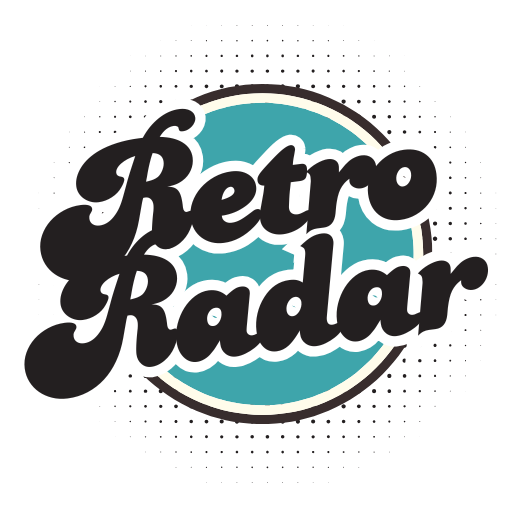15 Words Boomers Say That Millennials Have Never Heard Of
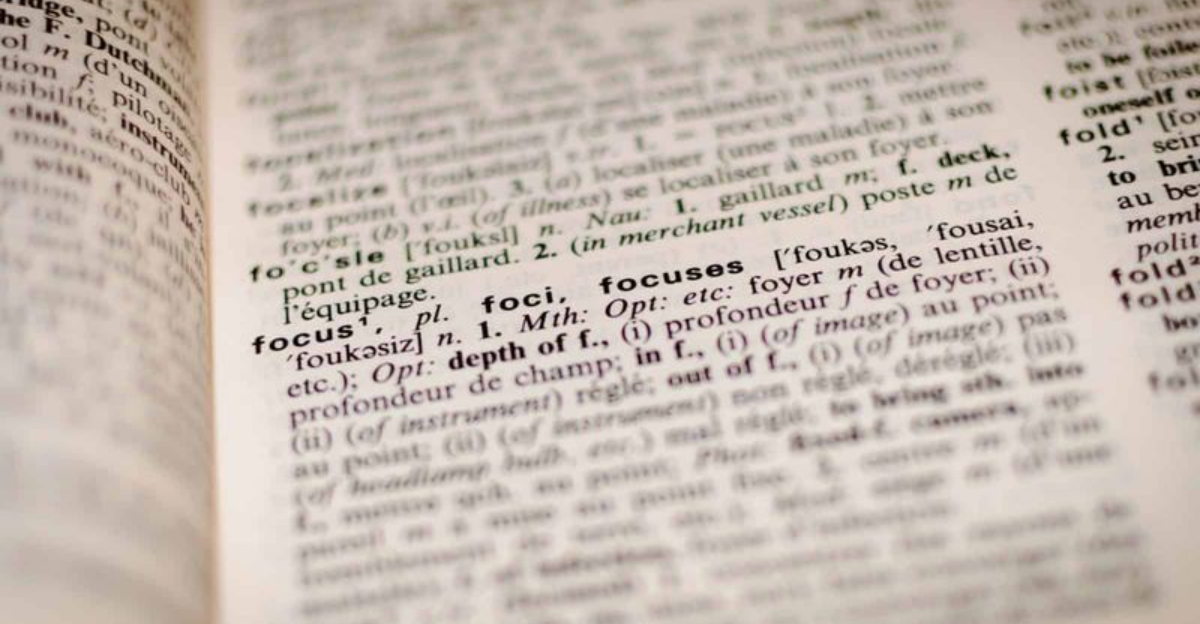
Hey there, fellow time traveler! Buckle up — today we’re hopping in the linguistic DeLorean and heading back to a groovier, quirkier era filled with slang that sounds like it came straight out of a sitcom rerun.
That’s right, we’re diving into the wonderfully weird world of Boomer vocabulary — the stuff our parents and grandparents used to say with a straight face. As a Millennial, you’ve probably heard a few of these in passing and thought, “Is that even English?”
Whether they were describing someone’s outfit, insulting you in a way that somehow felt polite, or making up words to avoid talking about actual feelings, Boomers had a language all their own. But fear not — I’m here to decode the mystery.
So grab your favorite snack (Cheez Balls, anyone?), plop down in your bean bag chair, and get ready to laugh, cringe, and maybe even adopt a few of these gems. Let’s roll into these 15 Boomer Words that will leave you wondering, who even made these up?
1. Grody
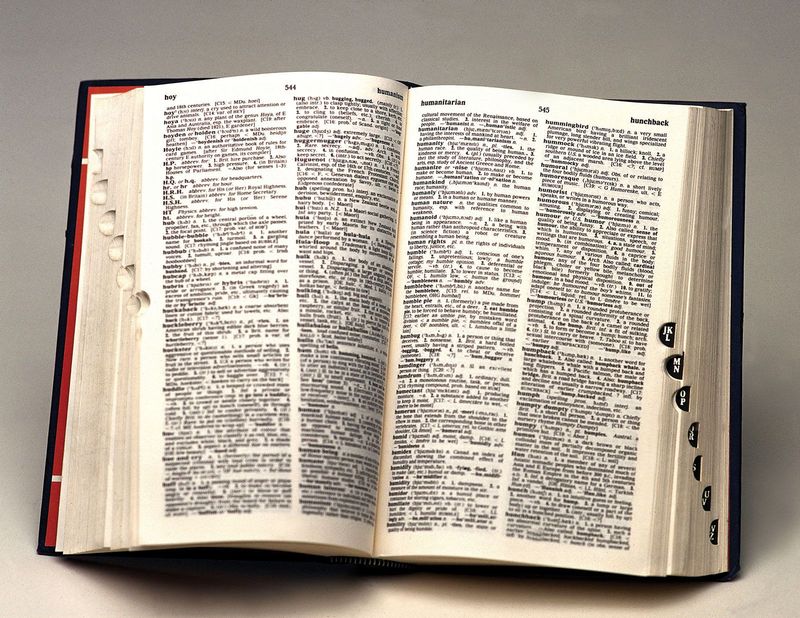
Grody is the ultimate expression of disgust. Imagine biting into a sandwich only to find something squishy and green. Yes, that’s grody to the max!
Back in the day, Boomers would use this word to describe anything from a gnarly pair of socks to a totally unappetizing meal. It was the perfect way to express that something was not just gross, but spectacularly so. You know, the kind of gross that makes you wrinkle your nose and go “Ew!”
It’s like the word was reserved for those situations where ‘gross’ simply wouldn’t cut it. The term grody captures a special kind of ickiness that transcends generations. So next time you encounter something particularly nasty, feel free to channel your inner Boomer and declare it grody. Who knows, maybe it’ll make a comeback and become the next viral slang term!
2. Icebox

Before our stainless steel fridges, there was the mighty icebox. Imagine a world where keeping your food cold involved actual blocks of ice. Boomers remember iceboxes as a staple of their childhood kitchens, a time when refrigeration was more manual labor than magic.
The icebox was essentially a big insulated cooler that held a large block of ice to keep everything from milk to meat cool.
Every family had their own ice delivery guy—kind of like the milkman, but colder. As a kid, you’d eagerly await the icy arrival, knowing it was your job to chip off a piece for your lemonade. The icebox was not just an appliance; it was an experience. Now, the word ‘icebox’ feels like something out of a retro sitcom, but back then, it was just everyday life. Who knew keeping food fresh could be such a chilling adventure?
3. Hootenanny

Hootenanny is not just a word; it’s an event! Picture a rollicking, rustic gathering with folk music, laughter, and maybe a banjo or two.
The term hootenanny conjures images of people clapping along to tunes, enjoying good food, and having a grand old time. In the Boomer era, a hootenanny was the go-to entertainment, often held in barns or backyards where you could let loose and dance the night away.
It wasn’t just about the music; it was a community event where everyone, young and old, joined in the festivities. With someone named Earl leading the charge, it was impossible not to have fun! While we might call it a party or concert today, hootenanny holds a charm and nostalgia that modern terms simply cannot match. Next time you’re at a lively gathering, throw the word hootenanny into the mix and watch the smiles appear!
4. Boob Tube

Ah, the boob tube, a nickname for the beloved television. It’s what Boomers affectionately called the TV, especially when parents felt it was rotting young minds. The boob tube was the centerpiece of family entertainment, a place where evenings were spent watching shows together. But don’t let the quirky name fool you; calling it a boob tube was also a playful jab at how it made people look like couch potatoes.
In a time before streaming and smart TVs, the boob tube brought families together, even if it was just to argue over which channel to watch.
It held a special place in living rooms, often housed in massive wooden consoles that doubled as furniture. While TVs have evolved, the term boob tube remains a humorous nod to simpler times when you didn’t have to worry about buffering. Who knew a box could have so much personality?
5. Dungarees
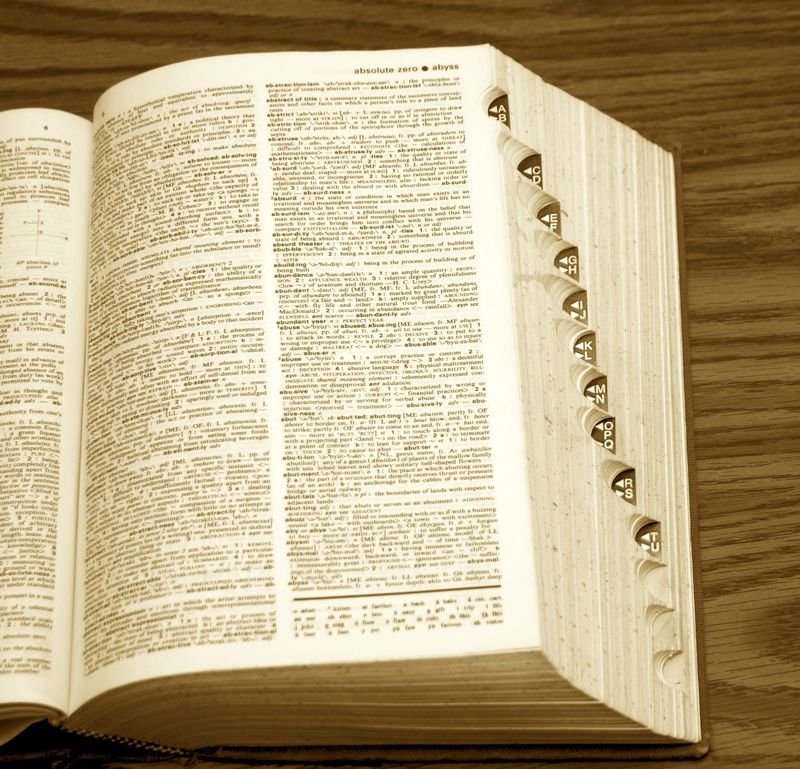
Before denim jeans took over wardrobes worldwide, they were known as dungarees. Just saying the word makes them sound a bit more rugged, doesn’t it? Dungarees were the original workwear, tough and sturdy, meant for those who needed durable clothing. Boomers grew up calling their jeans dungarees, giving them a unique flair that modern jeans lack.
You could say they were the cat’s pajamas of casual attire! Whether you were heading to a sock hop or just hanging out with friends, dungarees were the go-to choice. Even if they occasionally made you look like you were headed to a construction site, they had a cool factor that couldn’t be denied.
While we’re all about skinny jeans now, dungarees remind us of a time when fashion was more about function than form. Who knew a pair of pants could build character?
6. Fuddy-duddy

Fuddy-duddy is the go-to insult for someone who’s stuck in their ways. Picture an old man yelling at kids to get off his lawn or someone who still thinks the internet is a passing fad.
Boomers used this term to describe anyone who was resistant to change and seemed allergic to fun. It’s the perfect blend of disapproval and a bit of humor, making it hard to take offense when you’re called a fuddy-duddy.
It’s almost endearing, like a grumpy character in a sitcom you can’t help but love. While the world has moved on, every generation has their own version of a fuddy-duddy, a timeless archetype that continues to entertain. Next time someone seems stuck in the past, call them a fuddy-duddy, and watch them crack a smile (or possibly grumble). Who knew being old-fashioned could be so amusing?
7. Jalopy

Jalopy is the word you’d use for that car that looks like it’s seen better days. Think of a vehicle that rattles and groans as it moves, puffing smoke as if it’s trying out for an old-timey movie.
Boomers used jalopy to describe any run-down car that seemed held together by duct tape and determination. It wasn’t just a mode of transportation; it was an adventure on wheels.
Owning a jalopy meant you never knew if you’d make it to your destination without a few bumps and breakdowns. But there was a charm to these clunkers, a sense of character that shiny new models lack. They were often handed down through the family, each dent and scratch telling a story of its own. Next time you see a beat-up old car, give it a nod and call it a jalopy, because every vehicle deserves a little respect!
8. Zilch

Zilch is the ultimate way to say you’ve got nothing. Imagine doing a ton of work and getting absolutely zero credit or cash for it.
Boomers used zilch to emphasize the sheer absence of something valuable, be it money, recognition, or even cookies. It’s a word that carries the weight of disappointment but with a bit of humor.
Picture telling your friend, “I got zilch for all that effort,” and watching them chuckle at the sheer unfairness of it all. Despite its negative connotations, zilch is fun to say, almost like you’re spinning your misfortune into a joke. In today’s world, where we often face similar situations, zilch is a term that remains as relevant as ever. So, next time you find yourself empty-handed, remember to throw in a little humor and declare you’ve got zilch!
9. Cat’s Pajamas

The cat’s pajamas is the epitome of cool. Imagine a new invention or gadget that everyone’s talking about, and you get the picture. Boomers used this quirky phrase to describe something or someone top-notch, the best of the best. It’s like saying, “that’s the bee’s knees,” but with a feline twist. The term was often used to compliment someone’s style or innovation.
It’s an endearing way to let someone know they’ve hit the mark. Though the phrase might sound dated, it still holds charm and nostalgia, reminiscent of speakeasies and jazz.
Next time you spot something impressive, call it the cat’s pajamas, and enjoy the puzzled looks you’ll get! It’s a fun reminder that sometimes, the old ways of complimenting are the most memorable. After all, who wouldn’t want to be compared to a stylishly dressed cat?
10. Whippersnapper

Whippersnapper is the perfect word for those young folks who seem to have boundless energy.
Boomers loved to use this term for youngsters who dared to have opinions and a bit too much pep in their step. It’s a playful jab, often used by the older generation when they felt outpaced by the youth. The word itself sounds lively, almost snapping like a twig underfoot.
There’s a charm to it, a recognition that every generation has its vibrant spirits. While it might sound like an old-fashioned insult, whippersnapper is often said with a wink and a nod, acknowledging the vitality that youth brings. Next time you meet a lively young person, call them a whippersnapper and watch them beam with pride. Who knew being called a whippersnapper could feel like a badge of honor?
11. Rumpus Room
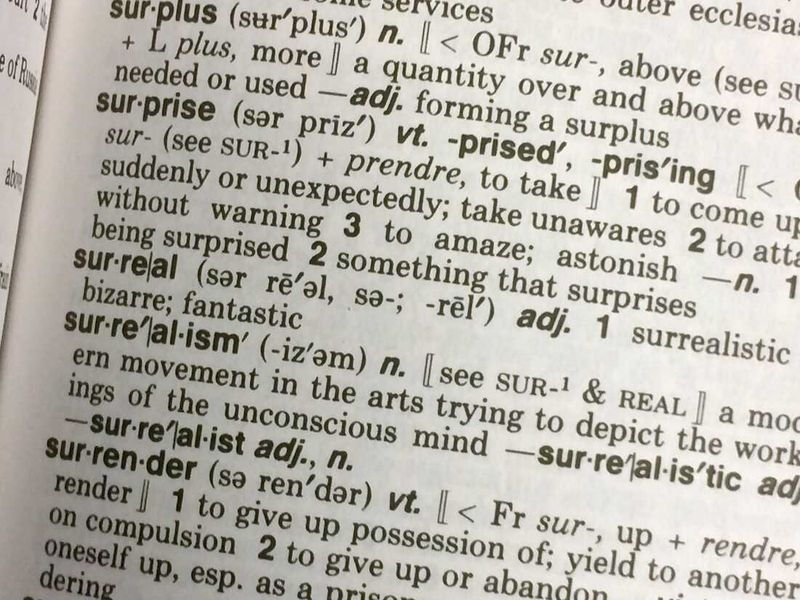
The rumpus room was the haven of noise and chaos. Imagine a basement or extra room where kids could let loose without worrying about breaking anything expensive.
Boomers remember rumpus rooms as the ultimate play zone, where you could host parties, play games, or just be a bit wild. It was the one place where making a mess wasn’t frowned upon but celebrated.
The term itself evokes a sense of controlled chaos, a place where creativity and fun thrived. While today we might have playrooms or entertainment centers, the rumpus room had a special charm. It was often filled with mismatched furniture, toys, and an old TV. Next time you hear ruckus from a room, think of it as a rumpus, and maybe even join in on the fun! Who knew noise could be such a joyful part of childhood?
12. Switchboard
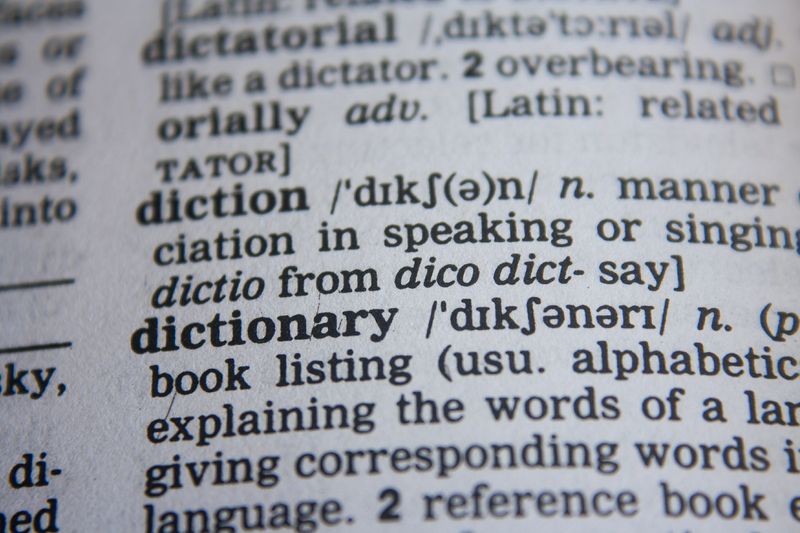
The switchboard was the hub of communication before smartphones took over. Imagine needing to make a call and having to go through an operator who connected you manually.
Boomers will recall these operators as the original communication wizards, plugging cables into different ports to connect callers. It was a complex dance of wires and voices, each call a minor miracle.
The term switchboard now seems like a relic of the past, a reminder of how far technology has come. But back then, it was essential, and every operator had to be sharp and attentive. Today’s instant communication might make it seem quaint, but the switchboard was a marvel of its time. Next time you dial a number, take a moment to appreciate the simplicity of it all. Who knew a web of wires could be so revolutionary?
13. Knuckle Sandwich
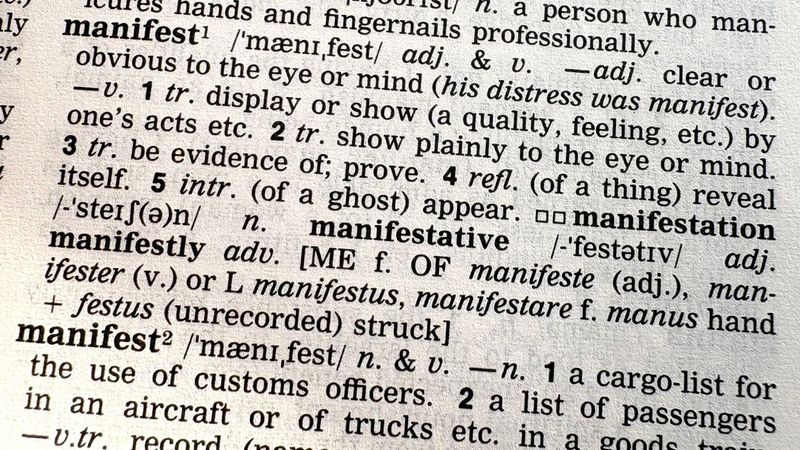
The term knuckle sandwich is as literal as it gets—a punch to the face with a side of humor. Boomers used this phrase as a playful threat, often between friends. It’s the kind of thing you’d hear in a comic strip or see in a slapstick comedy, where two characters jokingly threaten each other with imaginary violence.
Despite its aggressive sound, it’s often said with a smile, a humorous way to tell someone to back off. In a world that’s become a bit more sensitive to violence, the term knuckle sandwich is a reminder of simpler times when humor was a bit rough around the edges.
Next time someone’s bothering you, jokingly offer them a knuckle sandwich and watch the laughter ensue. Who knew a punchline could be so literal?
14. Gaslighting

Gaslighting originally referred to actual manipulation, inspired by the 1940s film ‘Gaslight.’ Unlike today’s online arguments, it was about psychological manipulation in real-life relationships.
Boomers might remember it as a serious concern, a tactic used to make someone question their reality. The term has evolved over time but still carries a weight of deception and betrayal.
In its original context, it was about creating confusion and doubt, often in sinister ways. While we might use it more casually now, back then, gaslighting was a serious accusation. It’s fascinating how words evolve while retaining their core meaning. Next time you hear the term, think back to its origins and the film that started it all. Who knew cinema could give birth to such a powerful term?
15. Going Steady

Going steady was the relationship status before Facebook made it official. In the world of Boomers, this was serious business—a public declaration that you were off the market. It was the ultimate commitment short of marriage, involving letterman jackets and class rings. Saying you were going steady meant you had a partner, and you’d probably carved your initials into a tree together.
Back then, it wasn’t just about holding hands; it was about having a go-to date for every school dance and movie night. Boomers took going steady seriously, and it often involved awkward talks with your partner’s parents.
The term is almost quaint now, but it set the groundwork for what we know as exclusive dating today. So next time you see a young couple, ask if they’re going steady, and enjoy the confused looks you’ll get!
